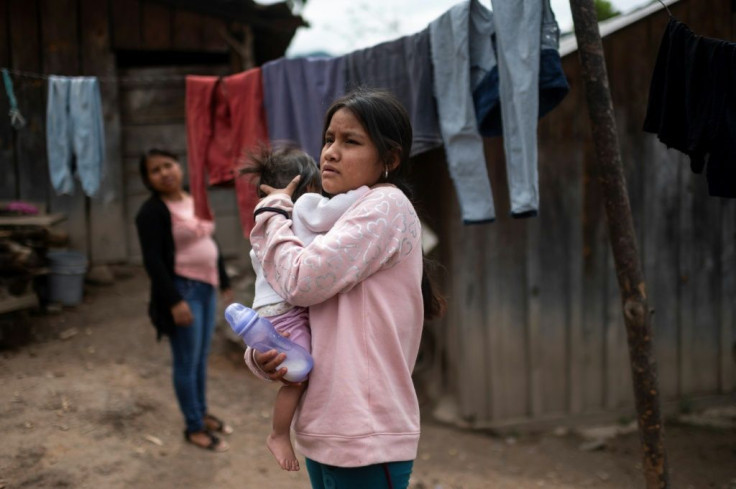Modern Slavery: Women And Children At High Risk Of Being Pushed Into Slavery
KEY POINTS
- Children are working hazardous jobs for longer hours due to school closure
- Additional 10 million girls at risk of becoming child brides in next decade due to pandemic
- Safe migration pathways for the vulnerable and easier access to work an imminent need
The pandemic and migration have put women and children at a high risk of being subjected to contemporary slavery due to economic slump and school closure, according to the UN.
The caution coincides with the International Day for the Abolition of Slavery on Dec. 2.
According to an estimate by UNICEF, roughly 80 million children aged 5 to 17 years are currently working in some form of contemporary slavery. School closure, displacement and economic slump are forcing these vulnerable children to work long hours. Additionally, as families across the globe losing work due to lockdowns and restrictions, more children will join the workforce as child laborers. These children are now working hazardous jobs for longer hours due to school closures.
Women and girls are disproportionately affected by the pandemic as child marriage, domestic servitude, forced labor and debt bondage are on the rise.
An unofficial estimation cited by the UN-appointed independent experts suggests one in 130 women and girls are in contemporary forms of slavery. A March report by UNICEF stated that the pandemic has put an additional 10 million girls at the risk of becoming child brides in the next decade.
“Women and children bear the brunt of crises caused by the COVID-19 pandemic, climate change and humanitarian emergencies. As a result, they face a particularly high risk of being pushed into slavery,” UN Human Rights Expert, Tomoya Obokata said in a statement.
"As many become displaced or migrate in the fight for survival, the risk of becoming trapped into forced labor or sexual exploitation increases exponentially," he added.
Already vulnerable, these people suffer brutal retaliation in the form of punishment and even death if they try to escape from the situation.
Apart from gender inequality, contemporary forms of slavery are fueled by racial inequalities, age, caste, migration status, social and economic status among others. It was also reported that indigenous people are more likely to be affected by forced and bonded labor.
Experts urged member states to create safe migration pathways and enable easier access to decent work. They advise increasing cooperation with the business sector, civil society organizations and trade unions to tackle inequality and discrimination.
The experts further suggested strengthening laws to hold perpetrators of contemporary forms of slavery accountable for their actions.
"Slavery in all its forms needs to end for everyone, including women and children in contexts of armed conflict. Slavery is a disgrace to humanity which in the 21st century cannot be tolerated," Obokata said.

© Copyright IBTimes 2024. All rights reserved.





















